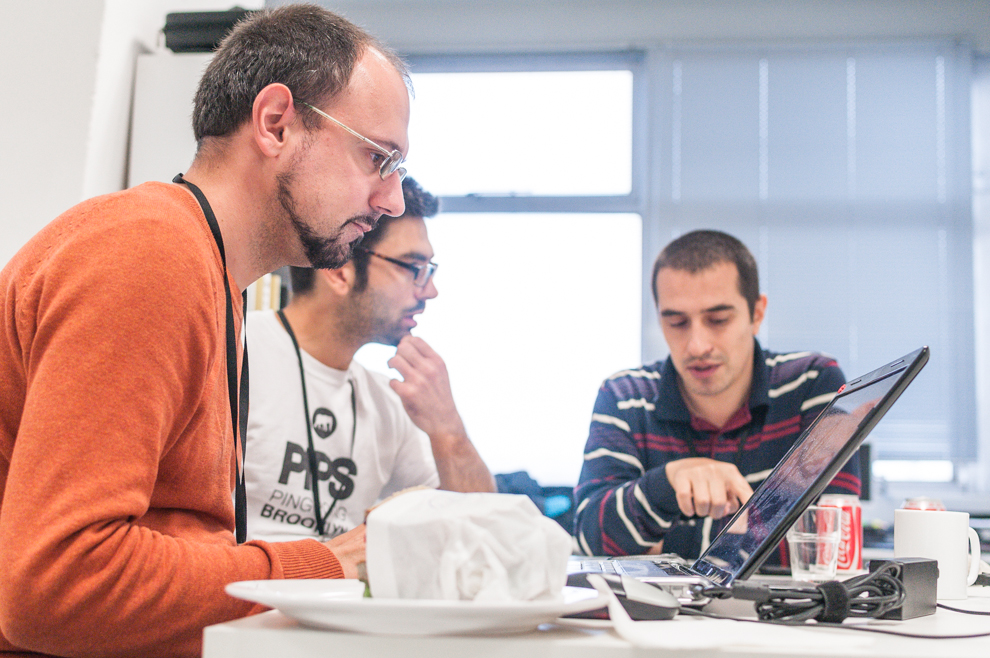After nearly four years of being camped out in a converted office in the Ecuadorian embassy in London, Wikileaks founder Julian Assange awaited the United Nations ruling about his detention with anticipation. The verdict: Assange, according to the UN, has been “arbitrarily detained” since June 2012 given that he had not been provided due legal process prior to arrest.
The UK government disagrees. “This changes nothing,” a government representative said. “An allegation of rape is still outstanding and a European Arrest Warrant in place, so the UK continues to have a legal obligation to extradite him in Sweden.” Assange declined to respond to any allegations of sexual assault following the UN ruling, but his lawyer stated in 2010 that the charges were part of a “honeytrap” to discredit Assange.
Assange spoke to journalists via video webcast following the ruling. “I consider the outcome in this case to be vindication,” he said. “It is now the task of the United Kingdom and Sweden to implement the verdict.” He further described his detention as “illegal, immoral, [and] unethical.”
The UN Working Group on Arbitrary Detention (UNWGAD) argued that the Wikileaks founder has suffered “deprivation of liberty” since 2010, when he was sentenced to ten days in Wandsworth Prison and then 550 days under house arrest. Edward Snowden commented on the UK’s response to the ruling, saying that it “writes a pass for every dictatorship to reject UN rulings.”
Assange agreed, saying that his arrest would be a blow to international human rights efforts. “What right does this government, or the US government, or the Swedish government have to deny my children their father for five and a half years without any charges in any country?” he asked.
Article via CNET, 5 February 2016
Photo: Julian Assange Supporters — Embassy of Ecuador, Knightsbridge, London by Marshall24 [Creative Commons Attribution-NonCommercial-NoDerivs]

